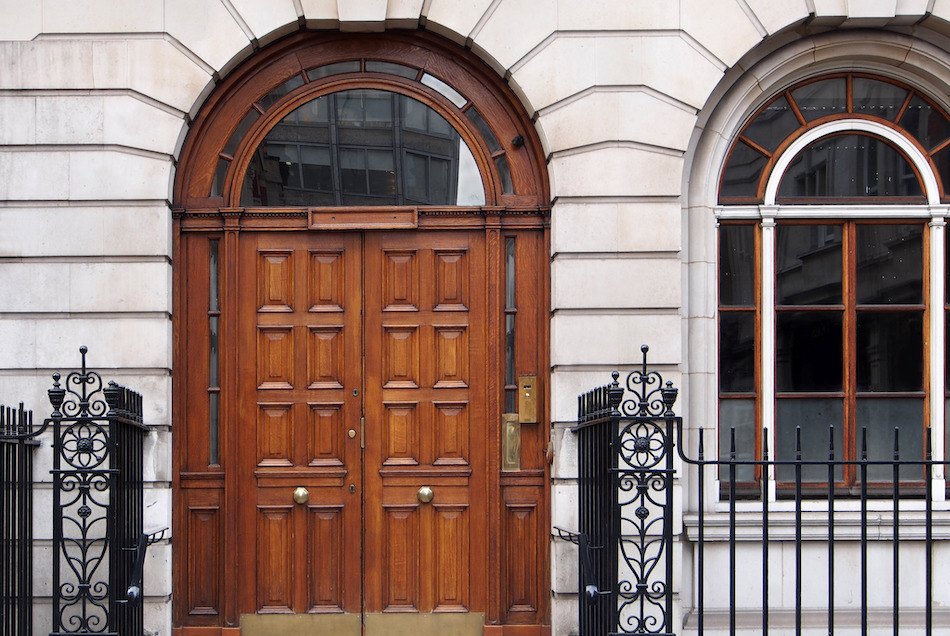For property investors, the Jersey property sector operates as an independent ecosystem, given the relatively small pool of domestic investors and the number of individuals that have the status that allows them to purchase buy-to-let property. Because there is so little housing stock in Jersey, especially for new developments, many investors naturally tend to gravitate towards the same type of opportunities – which also means they can encounter similar challenges simultaneously.
One of the current trends we're seeing in the market is investors who bought some of Jersey's newer developments considering if they want to keep the property and rent it as planned upon completion or if selling the property at a profit in the current market makes more sense. This is a result of the current interest rate environment and property capital values increasing by as much as 30% since investors paid deposits.
Rent or Flip New-Build Rental Property: What's Happening?
In many cases, investors effectively booked fixed rates for new builds in very different economic circumstances than we are experiencing today. Amongst others, high inflation, geopolitical conditions, and recessionary fears have impacted the economy, credit market and interest rates.
Many investors opted for fixed buy-to-let mortgage rates when the new developments were first marketed. Lenders effectively held these rates until the end of 2022, in line with projected completions. However, many new developments have had their completion dates pushed back due to challenges caused by COVID, Brexit, supply chain issues, and various geopolitical events. Investors are now looking at having to re-book new rates at much higher rates than when they first negotiated them.
Currently, buy-to-let mortgage rates are sitting at around 5-6%: significantly more than the 2-3% many borrowers locked in when the new builds started. Given rental yields currently sit at around 4%, some investors are facing a situation where an investment won't deliver anything like the returns they could have expected when they first placed their deposits on the property.
For some investors, this means that it is now worth reconsidering if they will continue to own the property and rent it or if it makes better sense to sell it and benefit from the appreciation of the property. From a yield perspective in the current market, investors with a 50% (or lower) loan-to-value may find that the rental income continues to offer good returns on investment, even considering the current higher interest rate environment. However, investors that put down deposits in the 10-20% range are considering their next move carefully and assess if holding the investment will generate positive yields – or if it will put them out of pocket in the case rental income won't cover the mortgage. Injecting more capital into the property to decrease the loan-to-value is one option and can be financially beneficial, but it's highly possible that not all investors will want (or will be able to) to free up liquidity from other sources to put into a property, especially when there is so much economic uncertainty.
However, there remain opportunities for owners, even if they want to sell the property rather than keep it as a buy-to-let investment. Many of the properties coming up for completion were purchased off-plan some years ago. At the time, they typically had much lower valuations, and the same properties have appreciated significantly in value today, we believe by as much as 30% in some cases. While 'flipping' properties may not be what investors had initially planned to do, they can still benefit financially by selling the property based on its new valuation.
Jersey's lack of housing stock means that there is plenty of demand for property, and new builds are especially popular. First-time buyers are also looking to get onto the property ladder, and many are biding their time to enter the market. First-time buyers can absorb the current interest rates and usually have significant deposits saved up, so there is likely to be plenty of demand for any new-builds taken to market by buy-to-let investors.
How Can Jersey Buy-to-Let Investors Looking to Sell New-Build Use Bridging?
One thing any investor who wants to sell what was going to be a rental property will want to consider is their mortgage. Selling property takes time, and with completions pushed back, in some cases, mortgage holders will need to switch to new buy-to-let mortgages at higher rates than originally anticipated. Usually, this is time-consuming to arrange and can be impractical if they want to sell the property in the coming months. At the same time, to sell the property and benefit from the appreciation in value, they will also need to complete the purchase, which means financing of some kind is non-negotiable.
Here, bridge loans provide an opportunity for sellers. Bridge loans are a type of short-term loan secured against a property. In these cases, a bridge loan would allow investors to complete the sale and effectively give themselves a window of time to sell the property without going through the refinancing process required to secure a new buy-to-let mortgage that they won't need in the long term.
Benefits of Bridging Finance In This Scenario
- Bridging loans can be completed quickly – often in just a few weeks. This means that buyers can complete their property purchase before going on to it on the open market.
- Bridging loans can be open or closed-ended. Open bridging loans will have a maximum term but offer flexibility because investors can repay them as soon as the property is sold. Terms of 12-18 months are relatively common for bridging loans, and these financing products allow sellers to market their property and provide a good window of time to move off the market, which can be especially useful if sales volumes drop and it takes longer for properties to sell
- As a type of short-term finance lasting from a few weeks up to a few months in term, bridging finance are ideal for giving sellers time complete and sell their property without having to arrange and take on a buy-to-let mortgage which they won't need
- Bridging loan rates will be fixed upfront, so investors will know exactly how much they will need to pay, and at the same time, they won't be influenced by any changes to the base rate over the loan term
How Enness Can Help
Our St Helier-based team of brokers regularly broker bridging finance for Jersey residents and property owners. We understand the local property market and borrowers' financing requirements and have connections with all the lenders offering bridging loans in Jersey. We work with buy-to-let investors who own property through structures or in their own names to arrange this type of deal, and we can arrange bridging loans even if you have complex or unusual income. Get in touch today to discuss bridging finance, the possibilities and advantages of this type of finance, and explore available rates and terms.
This article is for information and illustrative purposes only and nothing contain within should be construed as advice or a recommendation.
The financing options available to you will depend on your requirements and circumstances at the time. Any changes in your circumstances, any known likely changes, or omissions in the information you provide can affect the suitability of the options available to you. These should be communicated to us as early as possible.
Your property may be repossessed if you do not keep up with repayments on your mortgage or other debts secured on it.




